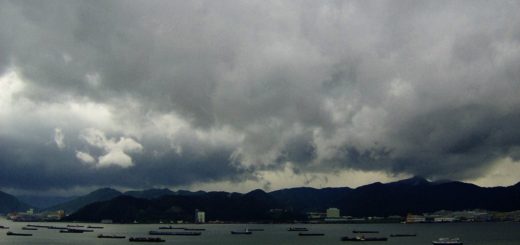On Making A Difference
Every man who thinks and writes will begin to harbor hopes of making a difference, and even, perhaps, begin to believe he is seeing evidence of his making a difference. In an age without true teachers, it may even be necessary for a man to experience such hopes, as an impetus to forge ahead with his thought against the taste and climate of the time, and especially to devote the years one must devote, and forsake the sleep and opportunities one must forsake, to develop the voice with which his ideas may best be communicated. If any of his soul has managed to survive this trial by relevance, however, the best thing that can happen to him now is to come face to face, in the harshest possible way, with the realization that he will make no difference, which is to say that nothing about his society will be changed in any essential way by anything he says, and that this is true whether he has ten readers or ten million. For this realization is the only gateway to the greatest freedom of the soul, which is the freedom from the here and now, from the vision-distorting lenses of one’s immediate concerns and the deafening distraction of one’s own echo.
For what is my slavery, seen from the perspective of eternity? What is my enslaver, seen against the forces of time and necessity? If a stone got in the young Plato’s sandal, forcing the cocky aspiring poet and statesman to stop for a moment in his stroll through the agora; and if in that pause, he crossed paths with Socrates for the first time, heard the old man shaming some politician about his inability to define justice, and became enraptured by this peculiarly intransigent and courageous investigator of human nature; then was not that stone in Plato’s shoe a greater mover of history than anything our impassioned political writers of today will say about why this party is right and that party wrong, or about how everything depends on the decisions made this month? In truth, very little of ultimate importance depends on the practical decisions of practical men this month, or any month. Such men and their decisions and deliberations, as well as we ourselves and ours, would most fruitfully be examined and explained not as matters of moment — they and we are merely matters of this moment, which is a very different thing — but rather as manifestations and instantiations. For every day is properly understood not as The Day but as a certain kind of day, an example of a type. Likewise with all our situations and crises; real enough for us, but most fully comprehensible not as unique events in our time, but as useful examples in a wider examination of all time, of time itself, or of the human condition.
It is no shortcoming or deficiency of the thinking man that he is less efficacious in his immediate surroundings than he imagines himself to be. On the contrary, the awareness of this truth is itself a significant step on the road to self-knowledge, which means knowledge of human nature. In the end, a man has triumphed over the demons of immediacy and the overestimation of his immediate significance when he realigns his thought — including his thought about the political and moral urgencies of his day — with the movements of the spheres, and thus accepts, not with resignation but with enthusiasm, that to see his surroundings in their proper proportions, and to hear the quietest reverberations of the ancients over the foreground din of his own voice and those of his contemporaries, is an accomplishment far greater than all the self-gratifying illusions of immediate relevance that he had previously clung to as his source of meaning.



